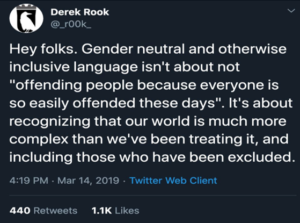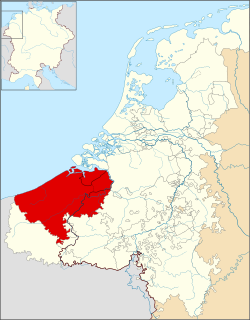Quinnton Weiman

A traditional bagel with lox. The culinary equivalent of Yiddishisms in English — sharp, bold, and to the point. Image: Sandwich America.
After spending the past few months with my nose in books about the topic, and shlepping them all over between the Murray library and student coffee klatches around town, I’ve decided to finally quit my kvetching and get this blog post written. It is no small task to sift through the storied, thousand-year-old history of the expressive mame loshn Yiddish and the (very long) short list of the languages it has influenced and been influenced by, but thankfully in regards to English specifically, there is a definite and relatively recent starting point. This period, known as the great migration, spanned roughly between 1870 and 1914. Fleeing persecution in Eastern Europe, Jews sought out greener pastures in the western, primarily English-speaking world, with as many as two million Jews emigrating to the United States during this period alone (Weinstein 133). English, seen as a pathway to a better life, was adopted with gusto by many of these emigrés, whose mordant and cynical humour, tempered by centuries of oppression in Europe, was also readily absorbed into English. This can be largely attributed to the decline of Yiddish as it was subjected to the cultural melting pot of English America. Miriam Weinstein, in her book Yiddish: a Nation of Words, also attributes this decline to a strong desire to fit in and to quickly cast away the “otherness” of Yiddish – as she describes it, “no other people would feel such ambivalence about what they had left [behind]” (142). This loss of language was hailed as tragic by many, in particular in the wake of the cultural genocide and virtual extermination of Yiddish in Europe during the Holocaust. However, little could stop the language from occupying the niche of humour, in particular among its own people as they embraced their new English lives and left the past behind. As Weinstein puts it, Yiddish had slid from being the “golden key to Jewish tradition” to being an “easy laugh at the immigrants’ expense” (and delight, mind) within a generation (143).
Click here to read more







